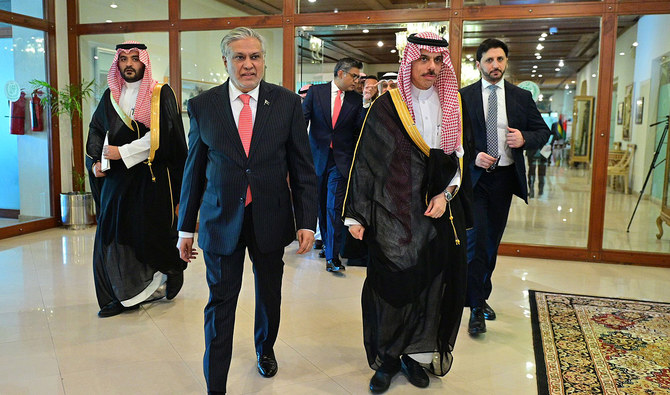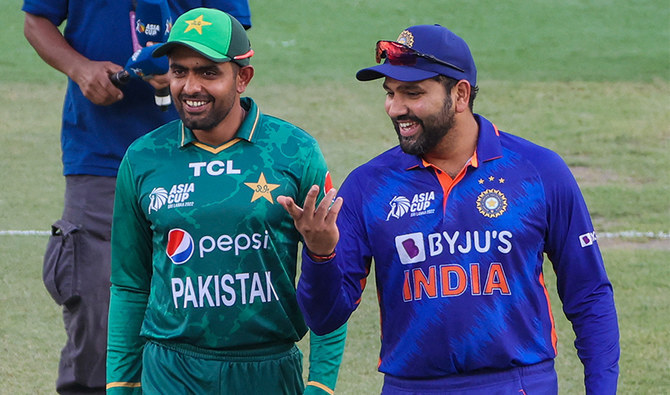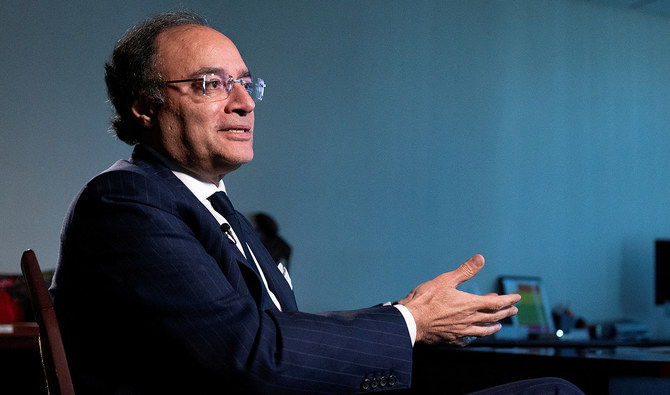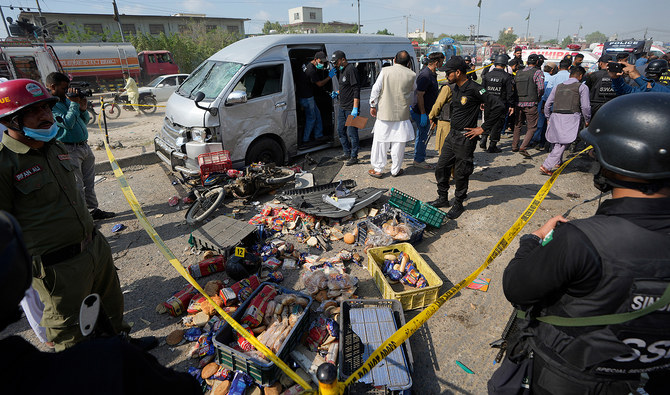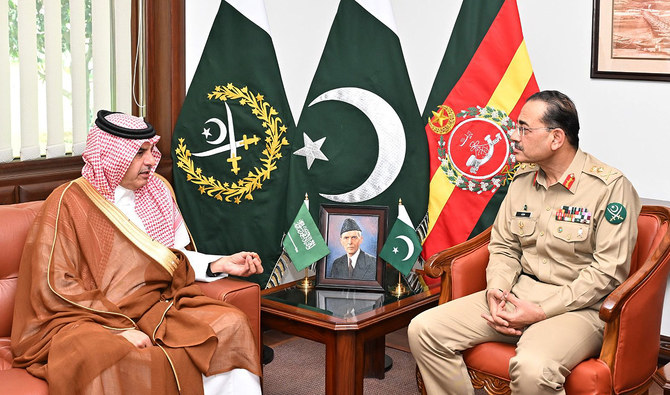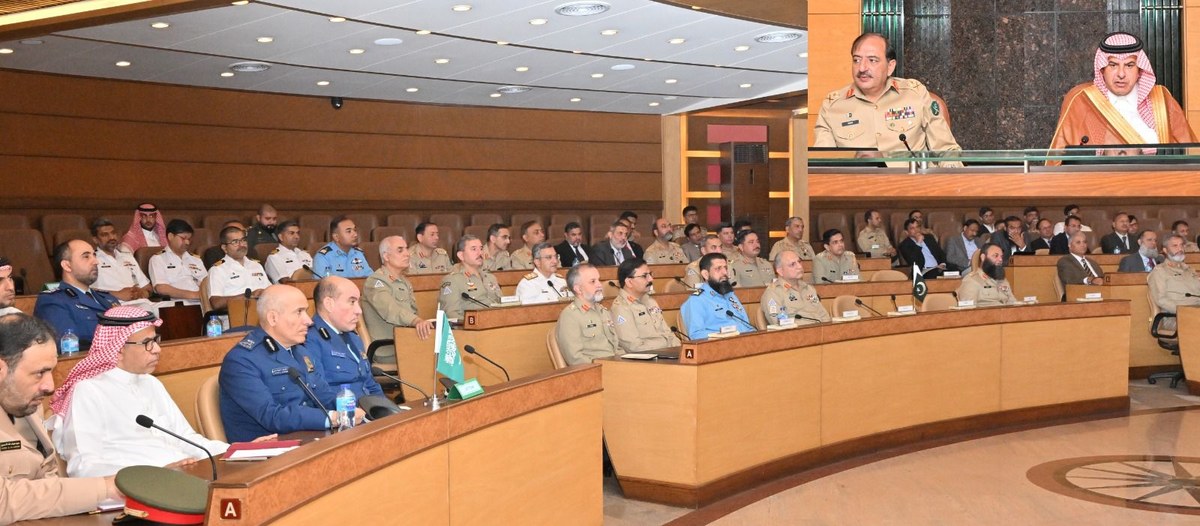ISLAMABAD: The Organization of Islamic Cooperation’s (OIC) human rights body has once again strongly condemned and rejected the Indian government’s recently introduced residency law for the disputed part of Kashmir under its administrative control, and urged the UN to play its role in this regard.
In a statement issued late Tuesday, the Independent Permanent Human Rights Commission (IPHRC) of the OIC said the India was “mischievously” using the time when the world strives to fight the global pandemic, to “illegally alter the demographic composition of Muslim majority in Kashmir.”
The rights body urged the UN to mount pressure on India and play its role in stopping the move which was bound to alter the geographic and demographic status of Jammu and Kashmir.
“The Commission urges the UN and the international community to play their due role to pressurize India to: a) abide by the relevant UN Security Council and OIC resolutions to refrain from any administrative and legislative actions, which tantamount to altering the geographic and demographic status of the IoJ&K [Indian occupied Jammu & Kashmir]; b) restore all fundamental freedoms of Kashmiris; repeal its discriminatory laws; and c) allow people of Kashmir to exercise their inalienable right to self-determination through a free and fair plebiscite as provided in the relevant UN and OIC resolutions,” the statement read.
The move will further complicate the dispute which has already claimed the lives of thousands of Kashmiri Muslims, the Commission added.
India’s newly approved “Jammu and Kashmir Grant of Domicile Certificate (Procedure) Rules, 2020” spells out new domicile rules causing “demographic flooding of non-natives” in the Indian administered Kashmir, the OIC body noted.
In the controversial law that was notified on Monday, New Delhi prescribed the procedure for issuance of domicile certificate which is obligatory for seeking jobs in the region.
The commission said that the Indian government’s actions were designed at “systematically paving the way for ‘settlement colonialism’ through forced demographic change, institutionalizing a system of domination over indigenous Muslim population by converting them into minority within their homeland and obviating the exercise of their right to self-determination.”
Meanwhile Pakistan’s Foreign Ministry on Tuesday dubbed India’s new Kashmir residency law as “illegal,” saying this was “Indian government’s attempt to further deprive the people of Kashmir.
In an official handout, the ministry said: “The New domicile law is illegal and in clear violation of the relevant United Nations Security Council (UNSC) Resolutions, international law including the 4th Geneva Convention and bilateral Agreements between Pakistan and India.”
Pakistan further called the timing of the Indian action “reprehensible” as it uses the world community’s preoccupation with the COVID-19 pandemic and “reflects the opportunistic and morally bankrupt mindset” of India’s Hindu nationalist government.




